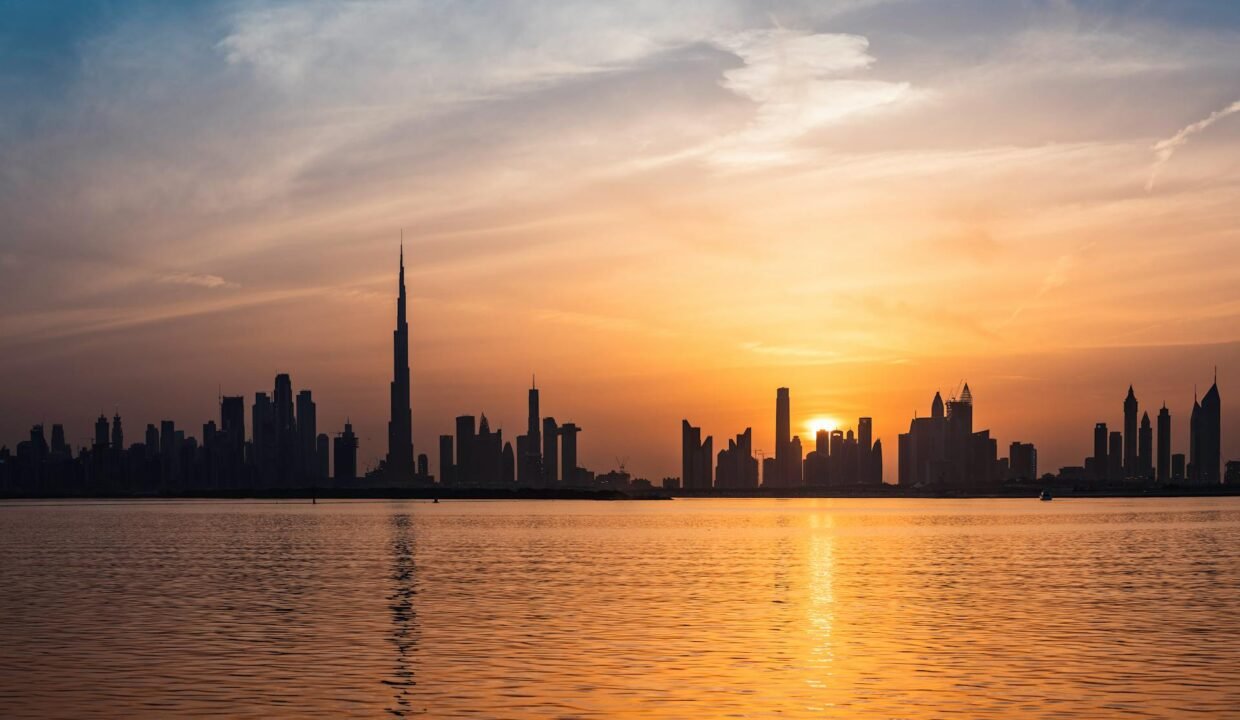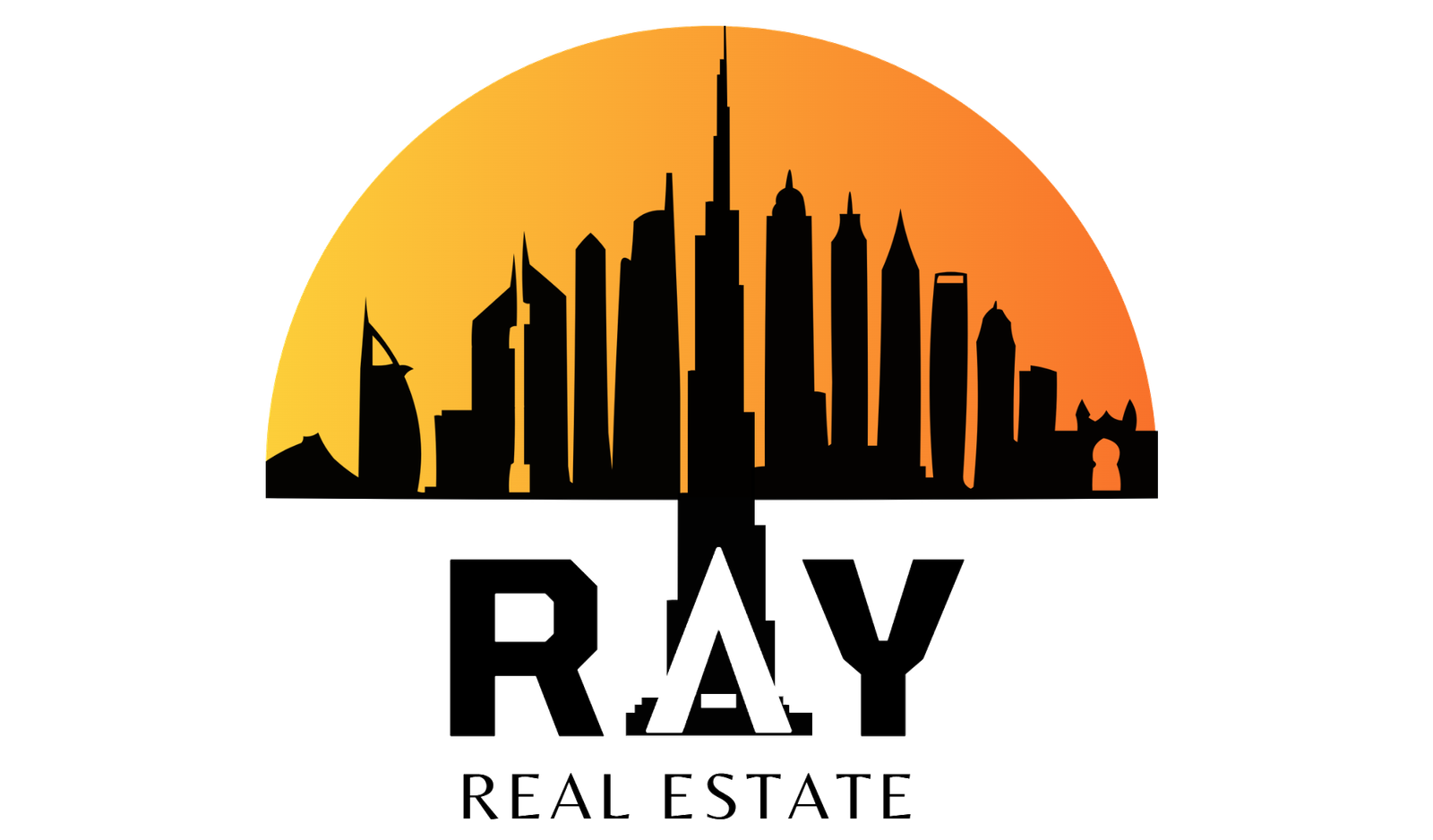
- No land ownership: The land remains the property of the original owner.
- Lower upfront costs: Leasehold properties are generally more affordable than freehold properties.
Popular Leasehold Areas in Dubai
While freehold ownership is common in Dubai, leasehold properties are available in some areas, particularly older districts and developments managed by certain authorities. Popular leasehold areas include:
- Dubai Silicon Oasis – Known for its tech-focused community.
- Deira – A historic commercial hub with many residential options.
- Discovery Gardens – A well-established, budget-friendly residential area.
- Green Community – A peaceful suburban neighborhood offering spacious homes.
Advantages of Leasehold Ownership
- Lower initial cost: Leasehold properties are typically more affordable than freehold options.
- Less responsibility: Freeholders are responsible for maintaining the land and major structural repairs.
- Good for short-term residents: Suitable for expats who plan to stay in Dubai for a limited period.
Disadvantages of Leasehold Ownership
- Limited control: Property modifications require freeholder approval.
- Lease expiration: Ownership rights are limited to the lease term, after which renewal may be uncertain.
- Lower resale value: Leasehold properties may be harder to sell compared to freehold properties.
Freehold vs. Leasehold: Which One Should You Choose?
Choosing between freehold and leasehold depends on several factors, including your financial goals, length of stay in Dubai, and investment preferences.
Consider Freehold Ownership If:
- You are looking for long-term property ownership without expiration.
- You want full control over your property for modifications, rentals, or resale.
- You are investing in Dubai’s real estate market for potential appreciation and resale profits.
- You seek eligibility for residency visas based on property investment.
Consider Leasehold Ownership If:
- You have a limited budget and prefer a lower upfront investment.
- You are staying in Dubai for a short to medium term and do not require full ownership.
- You prefer lower maintenance responsibilities, as major repairs are covered by the freeholder.
- You are purchasing a property for rental yield rather than long-term investment.
Legal Aspects and Documentation for Property Purchase in Dubai
Whether purchasing a freehold or leasehold property, it is important to follow the legal procedures and ensure all documents are in place.
Key Legal Requirements
- Title Deed (Oqood): Issued by the Dubai Land Department (DLD) for freehold properties.
- Lease Agreement: Official contract detailing the leasehold terms and conditions.
- No Objection Certificate (NOC): Required from the developer before transferring ownership.
- RERA Regulations: All transactions must comply with Dubai’s Real Estate Regulatory Agency (RERA) guidelines.
Costs to Consider
- Registration Fees: 4% of the property price, payable to the DLD.
- Agent Commission: Typically 2% of the purchase price.
- Maintenance Fees: Varies based on the property’s location and facilities.
Conclusion
Dubai’s real estate market offers both freehold and leasehold ownership options, catering to different investment strategies and residency plans. Freehold properties are ideal for those seeking long-term ownership, control, and potential residency benefits, whereas leasehold properties provide a more affordable, flexible option for those planning shorter stays or lower initial investment.
By understanding the distinctions between these two ownership types and assessing your financial and personal goals, you can make a well-informed decision when investing in Dubai’s property market.
